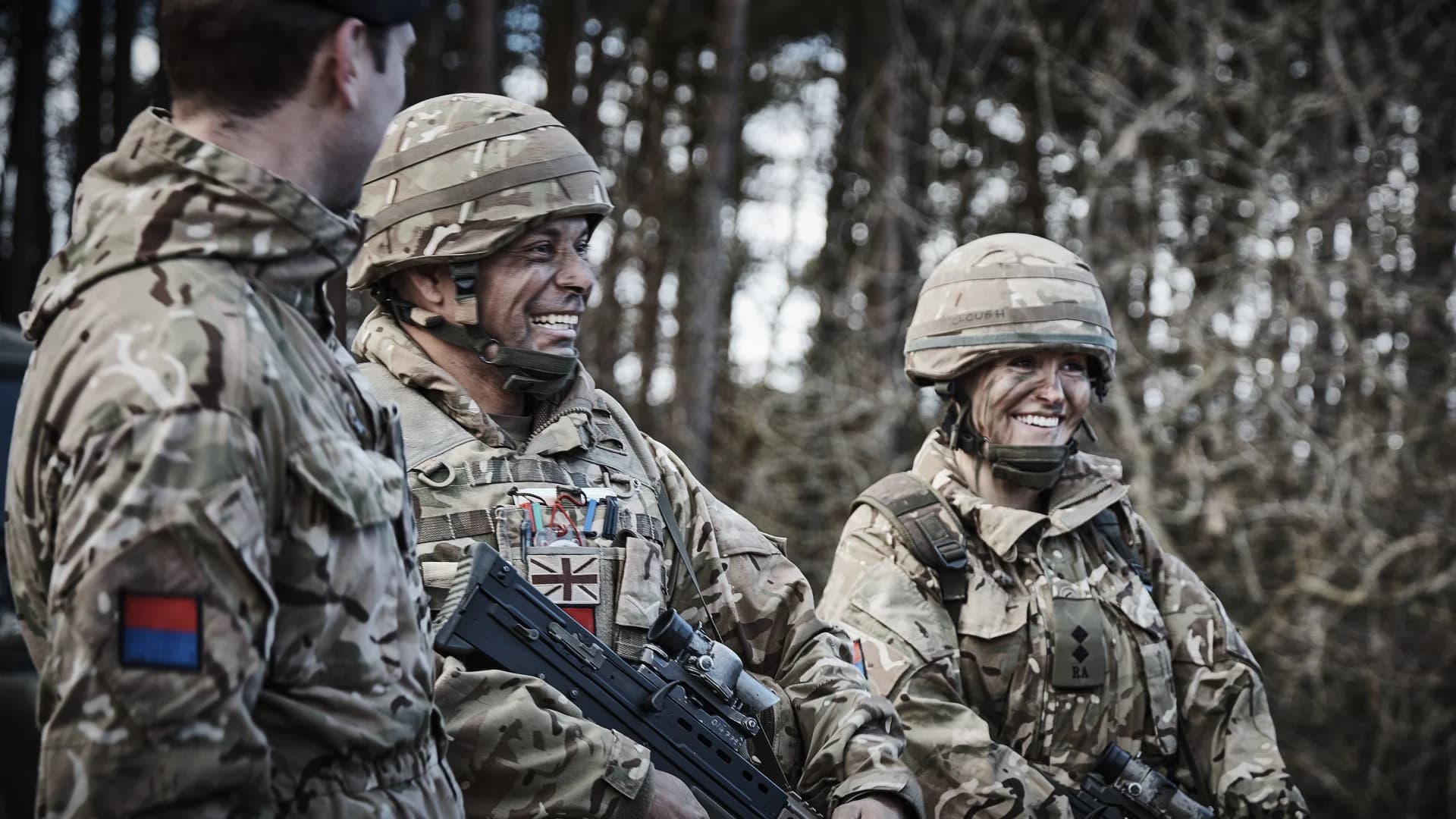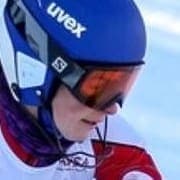
How does medical training and selection differ in the Army from the NHS?

Additional information
I'd like to know how much choice you have over where you do your FY1&2, along with specialty training once GDMO years are completed. I'd also like to know if you still apply through the same route as if you are working in the NHS or doed the army have a seperate application route. Any other useful information would be appreciated.
Simon M. asked a question to Medical Roles
Category: Role Comparison
Date asked: Wednesday, February 3, 2021
Last reviewed: Thursday, March 11, 2021

Tori C.
Regimental Medical Officer
Hi Simon,
For FY1&2 you need to go to a JHG (Frimley Park, Northallerton, Portsmouth, Plymouth or the Queen Elizabeth Hospital Birmingham). You can submit a preference for which hospital you would like to go to, but you may find you don't get your first choice.
For specialty training it is a little different.
The Army will publish a list of specialty training jobs available for your cohort, you can then apply for these jobs (you can apply for more than one, it's ok to have a back up plan!). If a job is competitive then the Army will interview the potential applicants and a certain number will be allowed to go on to apply through the national programme.
For example, 6 GDMOs want to do anaesthetics, there are 2 anaesthetic training jobs available, the top 4 at interview will be invited to apply through the national programme, the 2 who score the highest on the national application programme then get the training jobs. You have to benchmark on the national system to get a job.
You can apply for an NHS training post simultaneously, so even if you are unsuccessful with your application for a military post, you may get an NHS training post.
When it comes to location this is quite specialty specific and it varies from year to year. Most of the time you train at a JHG, but some specialties will support you if you wish to train in a non-JHG provided it meets certain criteria (usually it's a big enough hospital and already has a military consultant working there). Some specialties might prefer you to go to a non-JHG depending on where the current military consultants are working (eg EM trainees are encouraged to train in large trauma centres, and often military consultants will work in these centres as well).
I hope that helps, let me know if you have any more questions.
Wednesday, February 17, 2021
Simon M.
Hi Tori,
Thanks for your reply, it was really helpful. I do have a couple of follow up questions. I'm currently most interested in T&O, which i understand is very competitive. Are the training posts offered by the army completely seperate from the NHS ST applications or are there a certain number of the training posts reserved for army applicants? I've also been considering doing an intercalated PhD. I know that if i was going down the NHS route then that would really improve my chances in applying for competitive specialties etc, but i was wondering if you thought it would be useful for someone going to the army? I'm still quite on the fence as it's a big commitment and a lot of time out of my training, but any advice would be appreciated.
Secondly, i wanted to ask how being a military consultant works. I know this is a long long way away but I cant find any information about it. Do military doctors with there CCT have to wait for vacant consultancy posts to become available, like in the NHS, or is the process different?
Final part now, like you I love skiing, do medical officers get to take full advantage of the skiing AT? And also do the army do any skiing competitions etc, as I'd love to get invokved with them when i join.
Thanks again for your previous answer
Thursday, March 4, 2021

Tori C.
Regimental Medical Officer
Hi Simon,
How competitive a specialty is very much varies from year to year (it wasn't particularly competitive for my cohort for example and everyone who wanted to do T&O got a training spot).
The training spots are completely separate, and therefore it's the military who decides how many training spots are available. While you train in the NHS, you are paid by the military, it would be unusual for a hospital to decline to have a military trainee as we are essentially free doctors for them.
A PhD is never going to harm your chances of getting a training post, but I wouldn't say you need it. So I would say that's a personal decision. I would perhaps remember that you will be taking 3 years out of training to complete GDMO time already, and this provides ample time to bump up your CV if it needs it.
Good question re vacant consultant posts, I wasn't sure on this but have spoken to a secondary care colleague (not T&O, but I would assume they have a similar set up). When you CCT you will get a consultant post, but the NHS starts to pay part of your salary and so have more say in where you go, so you may have to transfer to a different deanery to fill an available post.
Ah, skiing... due to changes in funding, the amount of skiing opportunities is changing, but the opportunities are there (at the moment) if you work for them. There are two different pathways you can go down, if you just want to get a few weeks skiing in with a bit of teaching and racing then that is relatively straight forward as the Army Medical Services have a two week skiing event each year. If you want to really get in to racing then you need to try and ski for a medical regiment, and to do that as a GDMO you ideally need to be the ski captain and organise it (this is what I did). This then means you get a good amount of pre-season race training in, then you are able to enter the competitions and progress through them if you do well (divisional level, army level, inter service level, armed forces representative etc..).
Thursday, March 11, 2021
This discussion is closed, so no new comments can be added.